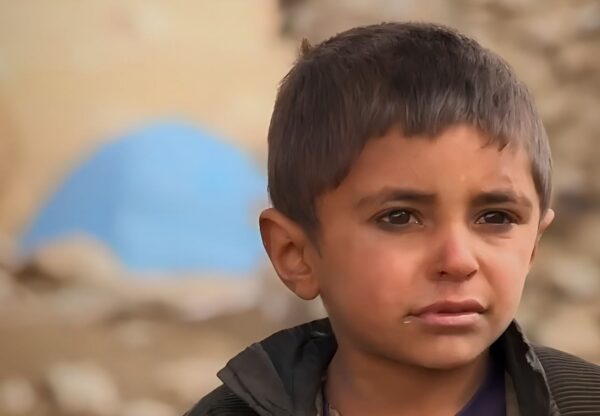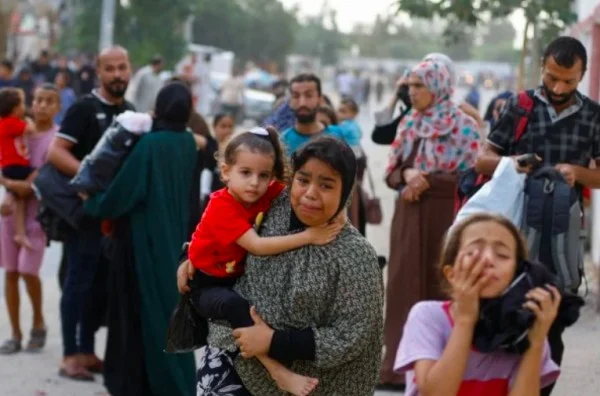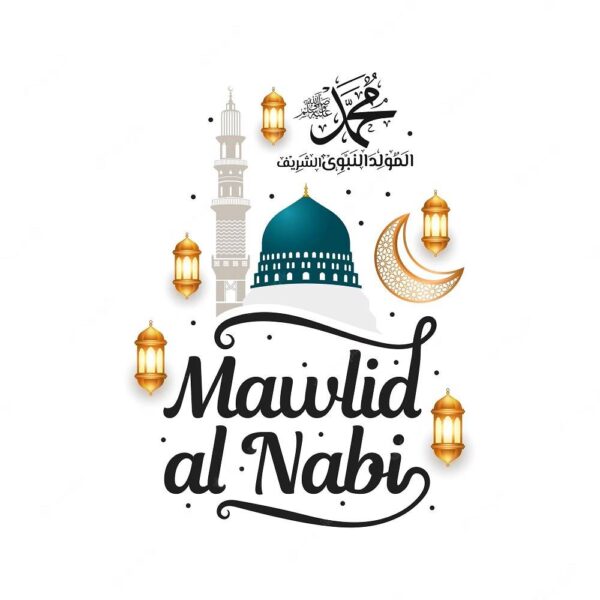Every Good Deed Counts
Islam teaches that even small acts of kindness can have a significant impact. Every good deed, no matter how seemingly insignificant, is considered a form of charity(Sadaqah). The emphasis is on sincere intentions and doing good for the sake of Allah (God).
One of the fundamental teachings of Islam is the importance of giving and doing good towards others. Muslims are encouraged to be generous and charitable in all aspects of their lives, and to seek the pleasure of Allah by doing good deeds and acts of kindness towards others.
The Importance of Giving in Islam
Islam emphasizes the significance of generosity and charity. Muslims are encouraged to integrate these values into daily life by:
- Donating to those in need: This includes financial assistance (Zakat) for the poor and needy.
- Sharing knowledge and advice: Helping others learn and grow is a valuable form of charity.
- Lending a helping hand: Offering practical assistance in everyday tasks is a way to ease burdens.
- Sharing food: Offering a meal or sharing resources fosters community and compassion.
- Even a smile: A simple act of kindness can brighten someone’s day.
The Heart of Giving: Niyyah (Intention)
In Islam, the concept of donation and Sadaqah are essentially the same in terms of action. What differentiates a simple donation from Sadaqah is the Niyyah, or intention, behind the act. A donation becomes Sadaqah when done solely for the sake of Allah, seeking His pleasure and reward. This focus on intention elevates everyday acts of giving into Ibadah(acts of worship) in Islam.
Giving in Islam: Beyond Money, A World of Good Deeds
While monetary donations (Sadaqah) are important, the Islamic concept of giving extends far beyond. It’s a way of life built on good deeds and acts of kindness known as Sadaqah Jariyah, meaning “continuous charity”. You can click to read more about the Sadaqah Jariyah.
Respectful Giving
Respect for the recipient is paramount in Islamic giving. Charity should be offered in a way that preserves their dignity and avoids causing any embarrassment. Muslims are encouraged to give charity in a way that preserves the dignity and self-respect of the recipients and avoids any harm or embarrassment.
How Small Acts Can Make a Big Difference
The philosophy of giving in Islam goes beyond monetary donations. It encompasses a broad spectrum of good deeds and kindness that contribute to a Muslim’s life and the well-being of their community.













